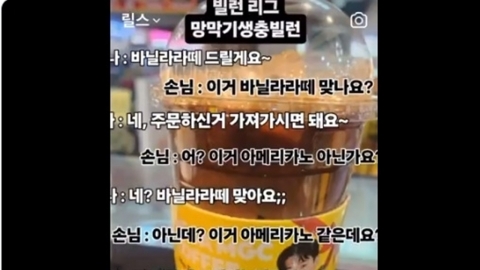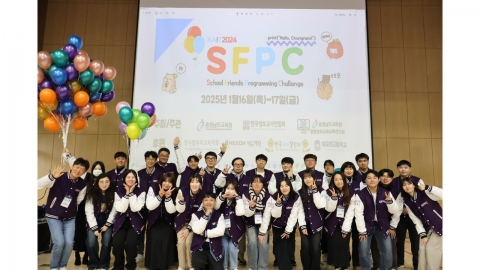■ Telephone connection: Kang Ji-hee, literary critic
* The text below may differ from the actual broadcast content, so please check the broadcast for more accurate information. Please specify [YTN NewsNIGHT] when quoting.
[Anchor]
It is truly the slope of Korean literature. This time, let's connect experts and take a closer look at the world of Han Kang's works. Kang Ji-hee, a literary critic, is connected. Hello, critic.
[Kang Jihee]
Hello.
[Anchor]
We were also surprised to hear the news while preparing for the news. Han Kang's Nobel Prize-winning critic, did you expect it?
[Kang Jihee]
I didn't expect it at all. When I heard the news, I looked up the presentation video of the Swedish Academy, and I was so overwhelmed and nervous. So, before the critic, I was very moved and very happy as a long-time fan of Han Kang.
[Anchor]
I think a lot of people probably felt the same way. Writer Han Kang won the Man Booker Prize, one of the world's top three literary awards for vegetarians, in 2016, and this Nobel Prize in Literature is also a great feat for Asia as a whole, right?
[Kang Jihee]
It is the first Korean writer, but it is also the first Asian woman to win the award. When looking at the nationalities of past winners, France has the largest number, followed by the United States and the United Kingdom. So, it can be said to be very happy from the perspective of Asia as a whole. The greatest winner of all time was Rudyard Kipling, the author of The Jungle Book, who won at the age of 41 in 1901. Writer Han Kang was born in the 1970s and is still in her early 50s, so she won the award at a very young age.
[Anchor]
It's not your first time as an Asian writer, is it?
[Kang Jihee]
It's not my first time as an Asian writer. Japanese and Indian writers have already won the Nobel Prize in Literature.
[Anchor]
It is mainly evaluated that Han Kang has explored human violence and the tragedy of life in major works. What do you think got a good evaluation this time?
[Kang Jihee]
Artist Han Kang said, "A Boy Is Coming About the Gwangju Uprising, Not Saying Goodbye to the Jeju 4.3 Incident." These are works that embody important historical events that remain the terrible violence of modern Korean history. At the same time, he is a writer who has continued aesthetic experiments by asking fundamental questions about life, such as vegetarians and Greek time. I think the Swedish Academy also recognized that Han Kang has formed a complete world of works both politically and aesthetically, and above all, the power to embody violence in the world in beautiful poetic sentences.
[Anchor]
Other major works, including the works you just mentioned, have been honored overseas and have been translated a lot. How would you tell me if you could introduce the world of Han Kang's works more?
[Kang Jihee]
The Han River novel can be said to be an exploration of what kind of existence a human being can be made of weak and tender flesh and bones. So I think there is a proposition that has been repeatedly said in the Han River novel. That human life is a terrible tragedy. Nevertheless, it is an important proposition that continues to be told in Han Kang's novels that there is a certain power at the bottom of life and moving back to the bright side. I think it can be said that faith in humans is always in the middle of it.
[Anchor]
And isn't Han Kang's father a master of Korean literature, Han Seung-won? It can be said that it was influenced by that, right?
[Kang Jihee]
Han Kang's father wrote a recommendation when Han Seung-won's book, Raising Sandol, was published in 2021. At that time, how he came to understand his father and writing was his religion. You said these things. I think it can be said that he has learned literature and continued to make it under his father's influence.
[Anchor]
Anyway, today is a miracle of the Han River. Thank you for what the critic said today. I heard more from critic Kang Ji-hee about winning the Nobel Prize by Han Kang. Thank you.
[Kang Jihee]
Thank you.
※ 'Your report becomes news'
[Kakao Talk] YTN Search and Add Channel
[Phone] 02-398-8585
[Mail] social@ytn.co.kr
[Copyright holder (c) YTN Unauthorized reproduction, redistribution and use of AI data prohibited]
Culture
More- Lee Seung-hwan filed a 250 million damage complaint with Gumi City for 'Cancellation of Concert'
- BLACKPINK's Jennie will release her first full album in March.Dua Lipa Collaboration
- Rosé's "APT" is back on the charts for a long time...5th place for the 3rd week in the U.S. Billboard.
- Naver Webtoon 'Stagtown' Becomes a Movie in Partnership with Hollywood Production Company







